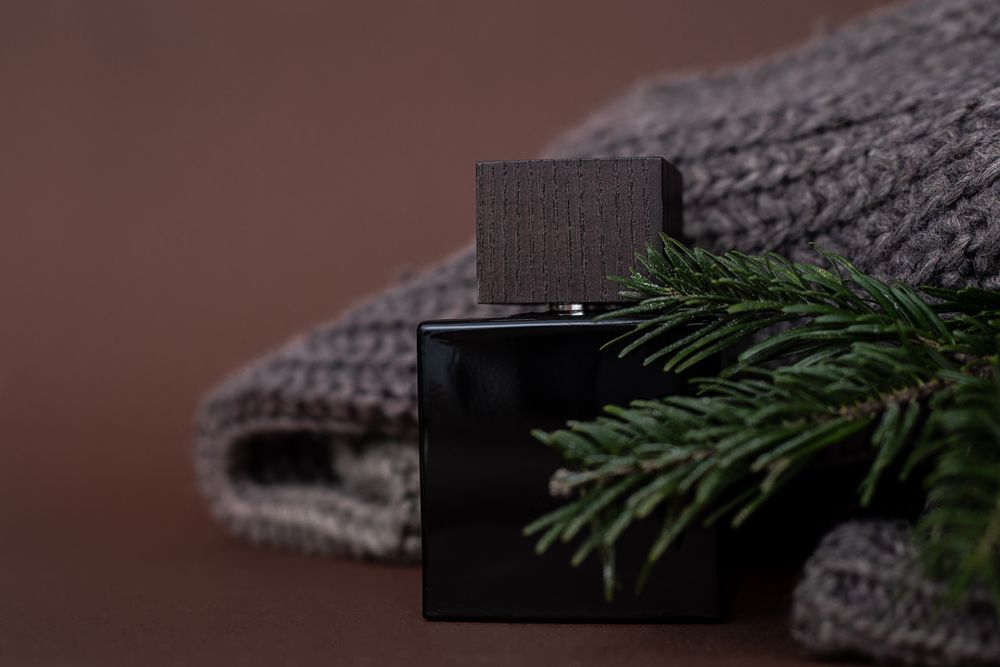Scent is more than just a finishing touch—it’s a signature. The right fragrance can boost confidence, leave a lasting impression, and subtly express personality without a word. But with so many options, notes, and concentrations, choosing the right perfume for men can be surprisingly complex.
Whether you’re new to fragrance or looking to upgrade your daily scent, understanding how to pick the right cologne or perfume is key to building your signature style.
Understand the Different Types of Fragrances
Before diving into scent selection, it's important to know the difference between the types of fragrances available. These categories are based on the concentration of aromatic compounds, which affects how long a scent lasts and how intense it smells.
-
Eau de Cologne (EDC): Lightest concentration (2–4%), typically lasts 1–2 hours. Best for refreshing, daytime wear.
-
Eau de Toilette (EDT): Moderate concentration (5–15%), lasts 3–5 hours. A popular choice for everyday use.
-
Eau de Parfum (EDP): Stronger concentration (15–20%), lasts 5–8 hours. Ideal for evening or all-day wear.
-
Parfum/Extrait: Most concentrated (20–30%), lasts 8+ hours. Rich and often more expensive, a little goes a long way.
If you’re just starting out, Eau de Toilette is a safe place to begin—it’s well-balanced, not overpowering, and available in a wide variety of styles.
Identify Your Personal Style and Environment
A good fragrance should reflect who you are and how you want to be perceived. Are you classic and refined? Bold and adventurous? Laid-back and fresh? Your lifestyle and personality should help guide your selection.
-
Professional setting: Clean, subtle scents with woody, citrus, or herbal notes work best.
-
Casual and active lifestyle: Fresh, sporty scents with aquatic or green notes are ideal.
-
Evening or date nights: Rich, warm fragrances with amber, leather, or spicy notes leave a seductive trail.
-
Creative or artistic roles: Unique, niche scents with unusual combinations of florals, incense, or oud can be expressive and memorable.
Don’t forget to consider season and climate. Lighter, fresher fragrances tend to perform better in warmer weather, while heavier, deeper scents suit fall and winter.
Know the Fragrance Families
Fragrances are grouped into scent “families” based on their dominant characteristics. Knowing which families you’re drawn to can make shopping easier and more consistent.
-
Citrus: Bright and clean; includes lemon, bergamot, and orange.
-
Woody: Earthy and grounded; includes cedar, sandalwood, and vetiver.
-
Spicy: Warm and bold; includes cinnamon, cardamom, and pepper.
-
Oriental: Deep and sensual; includes amber, musk, and incense.
-
Aquatic: Fresh and breezy; includes marine notes and watery florals.
-
Green: Crisp and natural; includes grass, herbs, and green tea.
-
Leather: Smoky and masculine; includes suede, tobacco, and dry woods.
Try visiting a fragrance counter and smelling examples from each family to see which ones resonate most with you.
Consider Longevity and Projection
Two important factors when choosing a scent are longevity (how long it lasts) and projection (how far the scent travels from your skin). Some men prefer a subtle scent that stays close to the skin, while others want a noticeable trail that turns heads.
If you want something discreet, opt for fragrances with notes like lavender, iris, or tea. If you want a scent that fills a room when you enter, look for those with spices, woods, or ambers.
Keep in mind that heat intensifies fragrance. A perfume that projects strongly in summer might be overwhelming, while the same scent may feel balanced in winter.
Don’t Blind Buy—Test It on Your Skin
A fragrance can smell completely different on your skin than it does on a test strip or in the bottle. Body chemistry, skin type, and even diet can influence how a perfume develops throughout the day.
Here’s how to properly test a fragrance:
-
Spray it on your inner wrist or forearm.
-
Wait a few minutes—don’t rub it in.
-
Smell it at 15-minute intervals over a few hours.
-
Note how it changes from top notes (first impression) to middle (heart) and base notes (dry down).
ADVERTISEMENT
Try no more than two or three scents at a time to avoid olfactory fatigue, and let the fragrance settle before making a decision.
Match Fragrance to the Occasion
Just like clothes, different fragrances suit different occasions. It’s completely normal (and wise) to have more than one scent in your collection.
-
Signature scent: Your go-to daily fragrance that reflects your core personality.
-
Work scent: Professional and non-intrusive; perfect for meetings or the office.
-
Evening scent: Deeper, more mysterious for dates or nights out.
-
Sport scent: Refreshing and energizing; ideal post-workout or during active days.
-
Seasonal scent: Light and airy for summer; rich and warm for colder months.
Having a small rotation gives you flexibility and helps prevent fragrance fatigue—when you get too used to your own scent to smell it.
Consider Popular, Timeless Fragrances
If you're unsure where to start, some top-rated, classic fragrances for men include:
-
Acqua Di Gio by Giorgio Armani: A citrusy-aquatic blend that’s crisp and universally appealing.
-
Dior Sauvage: Bold and spicy with pepper and ambroxan; modern and masculine.
-
Bleu de Chanel: Woody-aromatic; clean and versatile.
-
Tom Ford Oud Wood: A luxurious, smoky blend with oud and spices.
-
YSL La Nuit de L’Homme: Warm and sensual, perfect for evenings.
These scents are widely loved, easy to wear, and readily available. Once you’ve tested a few classics, you’ll be better equipped to explore niche or indie fragrances if you choose.
Understand Ingredients That React Well to Your Skin
Some notes naturally blend better with certain skin types:
-
Dry skin: Fragrances tend to fade faster. Choose stronger concentrations like EDP or apply moisturizer before spraying.
-
Oily skin: Holds fragrance longer, so EDTs may suffice.
-
Warm skin: Speeds up evaporation; woody and spicy notes often bloom beautifully.
-
Cooler skin: Slows development; citrus and light florals tend to stay fresher longer.
Experiment with different formulas to see what works best on your skin throughout the day.
How to Apply for Maximum Effect
Fragrance should be applied to pulse points—areas of the body that emit heat and help diffuse scent naturally.
Best spots to apply:
-
Inside the wrists
-
Base of the neck
-
Behind the ears
-
Chest
-
Inner elbows
Don’t overspray. Two to four spritzes are typically enough. For a subtler effect, spray into the air and walk through the mist. And never rub the scent in—it can crush the top notes and alter the scent profile.
Choosing the right perfume isn’t about following trends or buying the most expensive bottle. It’s about finding a scent that feels like an extension of you—something that enhances your presence, fits your lifestyle, and makes you feel confident.
Take your time, test thoughtfully, and don’t be afraid to experiment. Fragrance is deeply personal, and the journey to finding your signature scent should be just as enjoyable as the result.





